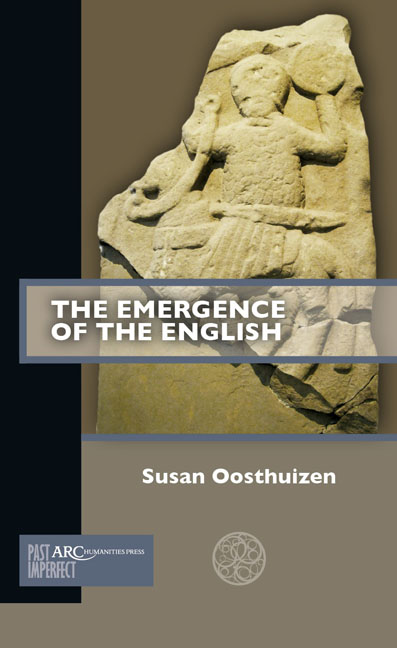Chapter 2 - What Can Reliably Be Said To Be Known about Late Antique and Early Medieval England?
Published online by Cambridge University Press: 20 November 2020
Summary
Chapter 2 asks three questions: How much evidence is there to support the conventional account of the two hundred years between the removal of imperial administration and the emergence of the great kingdoms of the middle seventh century? What can reliably be said to be known about late antique Britain and what is less certain? And what would be the consequences of adopting Finberg's incomparable maxim: “to clear our mind of preconceptions, to work forwards from the beginning, and to examine the admittedly inadequate evidence as it comes”? At least, the principal explanations and interpretations of the historiography would be confirmed and we could move forward confidently from that basis. At most, we could prune out false assumptions and expectations in order to establish as solid a foundation as possible for the development of new directions for research. The critical evaluation below focuses in turn on British and then continental historical sources, and then moves to consider archaeological, genomic, and linguistic evidence.
Early British Documentary Sources
There are three early British documentary sources that offer relatively direct evidence for conditions in late antique Britain. The earliest is the writings of St. Patrick who was born in about 390, while Britain was still part of the Roman empire, and who died in Ireland in about 461–463;the second is the sermons of Gildas, a (probably) sixth-century monk born in northern Britain who, at the time he was writing, appears to have been living in south Wales; and the third is the history of the English church, written by Bede, a Northumbrian monk, who completed it in 731.
Patrick's family history, first language, and the assumptions made in his autobiographical writings all speak of the continuity of late Romano-British society and culture across the fifth century. He seems to have been born and brought up in Cumbria, whence he was kidnapped in about 406, to which he returned in 412, and where he remained for a number of years thereafter. He came from a family that regarded itself as Roman—his father, Calpurnius, had a Latin name; he was a Roman citizen, the owner of a villa estate, and a local aristocrat of some standing: a decurio, a member of a Roman city council who had important public responsibilities. He was also part of the hierarchy of the Christian church, in which he was a deacon.
- Type
- Chapter
- Information
- Emergence of the English , pp. 19 - 58Publisher: Amsterdam University PressPrint publication year: 2019



